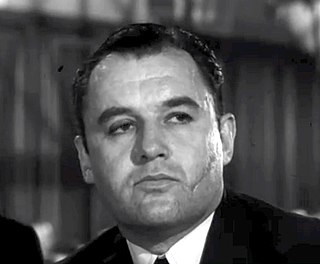A Quote by F. Scott Fitzgerald
For awhile after you quit Keats all other poetry seems to be only whistling or humming.
Related Quotes
I believe strongly in what John Keats called negative capability: the trait or practice that allows a poet to remain in uncertainties, mysteries, doubts, without any irritable reaching after fact & reason. For Keats, William Shakespeare exemplified negative capability, and I do think it's extraordinary that for all the thousands of pages Shakespeare left behind, we really don't know much about Shakespeare's own personality or opinions.
Solitude in the city is about the lack of other people or rather their distance beyond a door or wall, but in remote places it isn’t an absence but the presence of something else, a kind of humming silence in which solitude seems as natural to your species as to any other, words strange rocks you may or may not turn over.
You forget about it, after awhile. You forget that you even have it on. It becomes part of you. You get used to it, even the teeth and the contacts, which bothered the hell out of me. It ends up being something that is part of the role, and part of the thing that you're doing. After awhile, it just feels pretty damn awesome.
I remember having some problems with [the Deus Ex theme] when I first heard it and I was trying to figure out how to tell [Alex Brandon] I wanted changes. But then I noticed that I couldn't get it out of my mind. I was whistling or humming it to myself all the time. So I just kept my mouth shut and let it be. I think it's a highly addictive tune
I'm a poetry-skipper myself. I don't like to boast, but I have probably skipped more poetry than any other person of my age and weight in this country - make it any other two persons. This doesn't mean that I hate poetry. I don't feel that strongly about it. It only means that those who wish to communicate with me by means of the written word must do so in prose.
I didn't ever consider poetry the province exclusively of English and American literature and I discovered a great amount in reading Polish poetry and other Eastern European poetry and reading Russian poetry and reading Latin American and Spanish poetry and I've always found models in those other poetries of poets who could help me on my path.






































